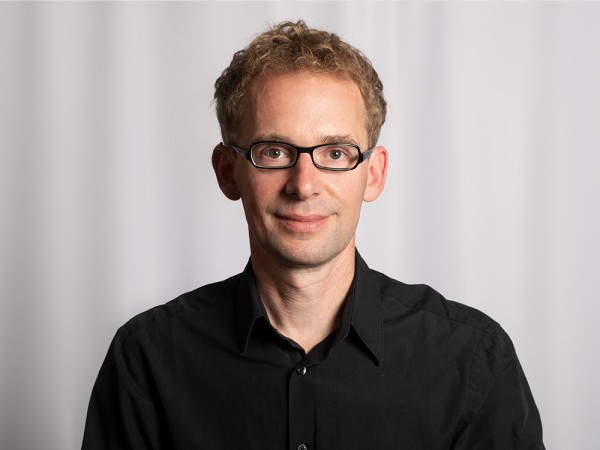The transition to a circular economy (CE) requires numerous actors working together to make better decisions through constructive dialogue and action. The presence of ‘forever chemicals,’ such as per- and polyfluoroalkyl substances (PFAS), is a particular challenge for the CE, as these chemicals are particularly persistent, mobile, and toxic (PM(T)). PFAS are known for their oil- and water-repellent properties, and have been used in numerous products, including but not limited to clothing, cookware, cosmetics, food packaging, outdoor apparel, and firefighting foams. Other industrial PMT chemicals (iPM(T)s) present similar problems. Therefore, strategies to overcome these bottlenecks and further develop the CE in line with the European Green Deal and Circular Economy Action Plan must be devised. This is where PROMISCES, a major EU Green Deal project which KWB is proud to contribute to, comes into play.
Innovative solutions for removing pollutants from the environment
PROMISCES will develop new analytical methods and toxicological tools to provide information on PFAS and other iPM(T) compound contamination in complex environmental matrices. Five specific CE routes will be investigated, including (i) semi-closed water cycles for drinking water supply at urban and catchment scale; (ii) wastewater reuse for irrigation in agriculture; (iii) nutrient recovery from sewage sludge; (iv) material recovery from dredged sediment and (v) land remediation for safe reuse in urban areas.
The team of 27 partners, led by the French Geological Survey (BRGM), will address these CE routes in seven case studies, located in Spain, France, Italy, Bulgaria, Germany, and the Danube river basin between Vienna and Budapest.
The work package led by KWB will focus on demonstrating solutions for zero pollution water cycles, including secondary effluent from municipal and industrial WWTPs, sewage sludge, landfill leachate, and drinking water. The case study in Berlin will feature a tightly knit expert group, including KWB, the Berliner Wasserbetriebe, the German Environment Agency (UBA) and the German Federal Institute of Hydrology (BfG). These partners will analyse the presence of PFAS and iPM(T)s and develop a toxicological assessment workflow for PFAS and other iPM(T)s in Berlin’s semi-closed urban water cycle. KWB will also monitor and model the fate and transport of PFAS and iPM(T)s in surface water and groundwater, focusing on quantifying chemicals in urban runoff as well as locating indirect discharges of the contaminants. Additionally, KWB will conduct human health risk assessments for drinking water and groundwater to evaluate impacts of corrective measures and address decision making and risk management under uncertainty.
Recommendations for implementing policies
In addition to developing and demonstrating cost-efficient and sustainable technologies for removal of PFAS and iPM(T)s, PROMISCES’ results will produce guidance for managing such substances and recommendations for enforcing relevant EU policy, strategies, and directives. A decision support framework which considers resource recovery and water reuse and supports chemical management decisions in regards to i) stakeholders and societal demands; ii) PM chemical properties; iii) technical solutions to prevent, mitigate and remediate industrial pollution; and iv) the whole life cycle of current and future chemicals, will be developed.
A 3.5-year innovation action beginning in November 2021
Starting on November 1, 2021 and set to run for 3.5 years, PROMISCES will keep the public abreast of its discoveries and successes through its social media channels. Stay tuned to find out ways you can become involved!



